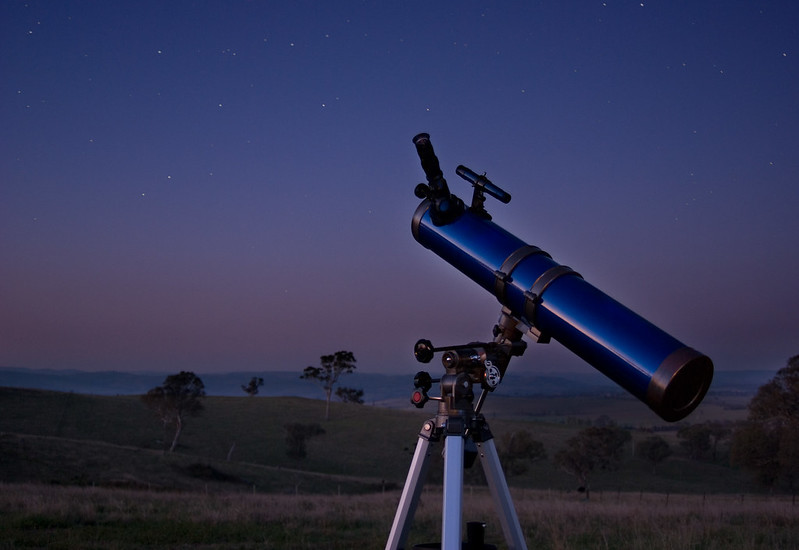Don’t get too excited about life on Venus


David Bowie had it wrong—screw Mars. But before you get too excited about aliens, the ‘life’ we’re talking about is microbial.
Within the clouds of Venus, astronomers have detected a surprising chemical signature: phosphine. This is an exciting discovery since phosphine gas “doesn’t belong in the Venus atmosphere,” said Sara Seager, professor of planetary science and physics at the Massachusetts Institute of Technology.
Now bear with me as I attempt to talk about chemistry and astrology for the first time in five years.
By no means do scientists think they’ve found life within Venus’ atmosphere. They simply can’t think of what else could have produced phosphine other than microbial life.
On Earth, phosphine is a gas produced by bacteria. As far as human concerns go, the gas is extremely flammable and explosive, and can wreak havoc on our respiratory systems. If you begin to detect hints of garlic or rotting fish in the air, check the stove and get out of there—unless in its purest form, phosphine reeks.
Scientists aren’t necessarily sure that these results are legitimate—nothing has been verified just yet. There still remains a great deal of skepticism in these findings. “When somebody comes up with an extraordinary observation that hasn’t been made before, you wonder if they could have done something wrong,” says David Grinspoon of the Planetary Science Institute.
The planet itself is completely inhospitable to human life. Not only is Venus’ average temperature around 900 degrees Fahrenheit—about 482 degrees Celsius—its atmospheric pressure is about 90 times more skull crushing than what we experience on Earth.
When somebody comes up with an extraordinary observation that hasn’t been made before, you wonder if they could have done something wrong.
David Grinspoon, Senior Scientist at the Planetary Science Institute
Scientists had given up on Venus as a possible inhabitable planet long ago—but that’s not where the excitement lies here anyways. The fun is in the clouds.
And that’s about where my knowledge of scientific jargon comes to a halt. I won’t waste your time mumbling my way through a poor explanation of the environmental process on Venus.
If you’re interested in the nitty-gritty parts of this story, there are hundreds of articles that can describe the chemical composition of our twin planet’s atmosphere a whole lot better than I can. Instead, I want to discuss what this information means to the average reader.
From what I can tell, it shouldn’t raise much concern. Sure, it’s exciting for astronomers and space-buffs but for those of you writhing in sheer panic over an extraterrestrial invasion, you’ve got nothing to worry about.
Headlines can be frightening. Just about every article I’ve found online has a title somewhere along the lines of “Scientists have found life on Venus.” In reality, a more fitting title would be “Astronomers may have found the possibility of microbial signatures in Venus’ atmosphere, provided everything checks out.”
Yes, Venus is the closest planet to Earth in our solar system during its orbit, but by no means is it close. Venus rests about 150 million kilometres away from us, which would take around three months to reach using our current space travel technology. Even if microbes could make the trek across the vacuum of space, the most they’d be doing in this case would be stinking up our atmosphere and toying around with the asthmatics.
I understand this explanation may seem trivial or elementary to some, but for the sake of ease and comfort, I feel it needs to be discussed. The idea of space has always frightened me and although news of life on Venus may be exciting to some, it can also be scary.
The last thing we need right now is another uncertainty. Of course I can’t guarantee anything—I’m probably the least qualified man for the job—but of all our Earthly concerns at the moment, Venus shouldn’t be one of them.
So maybe Bowie did have a point. Until we can verify extraterrestrial life, let’s keep it to a theoretical while we still can.

